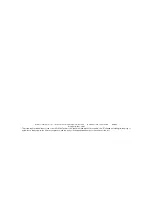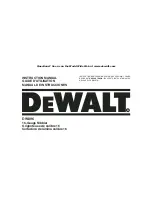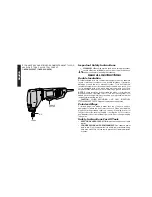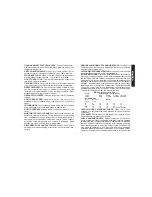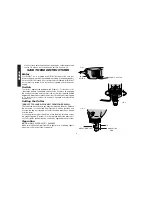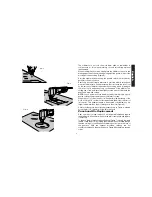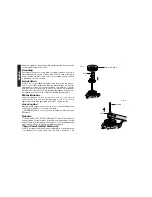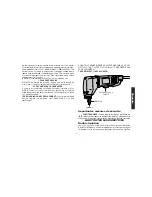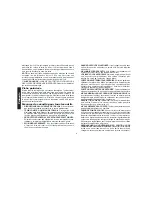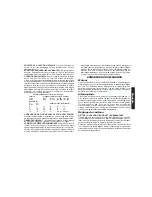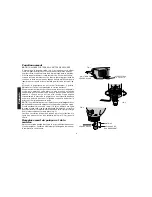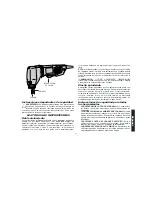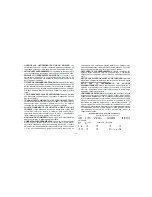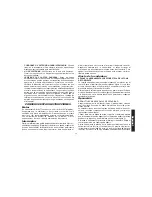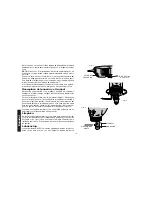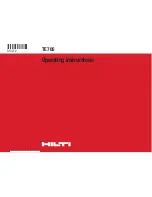
The nibbler cuts a slot in the work 6mm wide so remember to
compensate for this when marking out and calculating material
requirements.
When starting the cut from an edge, place the nibbler so the slot in the
die engages the work and the edge is against the punch, which is the
moving part when cutting (Figure 4).
Start the nibbler by depressing the paddle switch. Hold the body
parallel to the work surface.
Exert only enough forward pressure to start the nibbler cutting and
maintain this pressure. Extra pressure will not increase the rate of cut
as the amount of material removed at each cutting stroke is fixed and
the rate of cut is dependent only on the speed of the nibbler. The
cutting line of the work should be lightly coated with oil to lubricate the
punch and die while cutting.
NOTE:
Punch and die should be lubricated by immersing in a good
quality cutting oil approximately every 30 feet of cutting.
When the cut is to be started or finished within the periphery of the
work, a 13mm (1/2") hole must first be drilled in the work at the start or
finish point. This enables the die to be entered or withdrawn as it is
larger in diameter than the slot being cut in the work (Figure 5).
Circular holes should be cut in the manner shown in Figure 6, starting
at the 13mm (1/2") diameter hole within the circle.
Punch and Die Replacement
After a period of cutting, the punch will become blunted and require
replacement. At the same time, check the die for sharpness and replace
if necessary.
To remove the die, release the knurled ring (Figure 7). Having removed
the die, rotate the motor by turning the armature fan, accessible through
the side cooling slot, until the punch retaining nut is clear of the face of
the gearbox. With the spanner provided, release this nut
counterclockwise and remove the punch, Figure 8. Assemble in reverse
order.
3
English
FIG. 4
FIG. 5
FIG. 6

